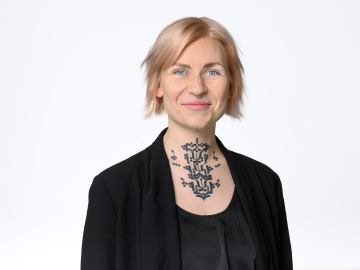Seconded employees provide more novel and innovative ideas, finds new research

Despite the motivation to select new ideas, individuals and organizations often still reject or overlook them. These ideas can be difficult to understand, risky, and challenging as their inherent uncertainty makes it harder to predict reception and usage.
Linus Dahlander, professor of strategy and Lufthansa Group Chair in Innovation, ESMT Berlin, alongside researchers from Aarhus University, Warwick Business School, and Bocconi University, investigated whether seconded employees impact the selection of novel ideas.
In their research, they used information on secondary employees serving at the National Science Foundation (NSF) between 2000 and 2012 and retrieved information on grants awarded between 1998 and 2012. The NSF allocates research funds; programme directors send proposals for external review and then assemble and lead expert panels before making funding recommendations or decisions. The NSF also runs a secondment scheme in which permanent and seconded employees act as programme directors.
Measurement of novelty was based on how similar a grant was to previous grants of the same NSF programme. They also conducted 37 in-depth, semi-structured interviews with former seconded employees, permanent employees, as well as former panel members.
The researchers found that seconded employees choose more novel ideas and influence permanent staff to do the same. This suggests a simple intervention of leveraging seconded employees more often can significantly boost the acceptance of innovative ideas, offering valuable insights for those in science and innovation. Understanding this can empower managers to strategically engage with seconded employees, fostering a more innovative and adaptive organizational culture.
“We have uncovered that these employees do not just bring fresh ideas to the table; they promote learning spillovers within an organization, influencing permanent employees to select more novel ideas,” explains Linus Dahlander. “Cultivating an environment that encourages these learning spillovers can thus result in lasting effects after the seconded employee leaves.”
The efficacy of seconded employees in selecting novel ideas can vary greatly based on their understanding of innovative knowledge and the breadth of their external networks, suggesting that these are key factors for managers to consider when deciding whom to bring in.
This research was published in the Strategic Management Journal and can be viewed here.
About ESMT Berlin
Quick links
